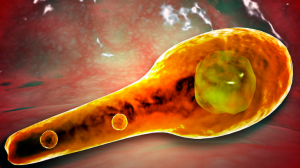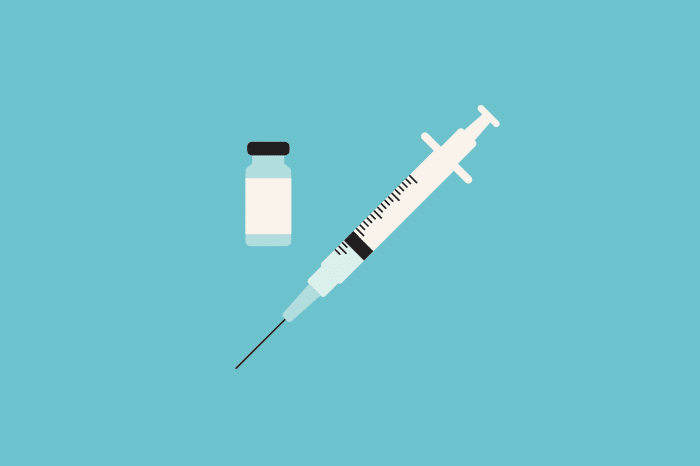What is tetanus?
Tetanus is a bacterial infection caused by Clostridium tetani; a type of bacteria that can be found in soil. The bacteria make a toxin in your body that causes the disease.
Symptoms include:

- muscle spasms, especially in the face and neck (lockjaw)
- painful fits that can last for minutes
- not being able to open your mouth (lockjaw)
- swallowing problems
- breathing problems
- heart problems
- fever
Why and when should I get vaccinated?
Around 1 in 10 people who get the disease will die from it. Babies and older people have the highest risk of dying from tetanus
Immunisation protects against tetanus toxin. Tetanus-containing vaccines prevent disease by making antibodies that bind to the toxin, rather than the bacteria.
- Infants and children are recommended to receive tetanus-containing vaccine in a five-dose schedule given at 2, 4, 6 and 18 months of age, and 4 years of age.
- A booster dose of tetanus-containing vaccine is recommended for adolescents between 11 and 13 years of age.
- A tetanus-containing vaccine booster is recommended for all adults at 50 years of age and at 65 years of age if it is more than 10 years since the last dose.
- Vaccination is recommended every 10 years for travellers to countries where health services are difficult to access. Travellers with a higher risk of a tetanus-prone wound are recommended to be vaccinated every 5 years.
- Adolescents and adults who have never had a tetanus-containing vaccine are recommended to receive 3 doses of tetanus-containing vaccine with at least 4 weeks between doses, and booster doses at 10 years and 20 years after the primary course.
Some wounds are more likely to encourage the growth of tetanus bacteria. Examples of these wounds are:
- compound fractures (the broken bone pierces the skin)
- burns
- animal bites
- any type of penetrating wound, such as from a rusty nail or rose thorns
- wounds contaminated with soil, horse manure or foreign objects such as wood fragments.
Where can I get the tetanus vaccination?
Our clinic, Medsana Medical, located in Eight Mile Plains provides free tetanus vaccinations. Booking can be made via our website or by calling 07 3852 4878
For further information on tetanus and vaccination recommendations see the Australian Immunisation Handbook website.
Resources:
https://www.health.gov.au/diseases/tetanus
https://www.health.nsw.gov.au/Infectious/factsheets/Pages/tetanus.aspx
Please note: Blog posts are rarely updated after the original post. Because the medical industry is ever changing; please make certain to reference the current product list as well as up-to-date industry information when considering product selection or treatment. Always consult a physician to discuss specific concerns or questions related to your health.

